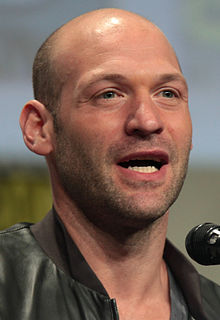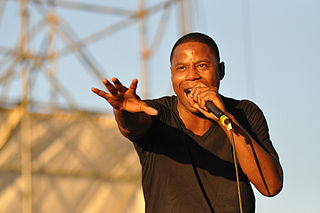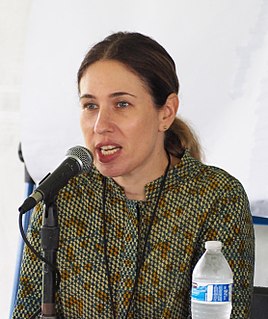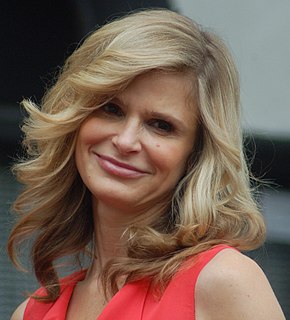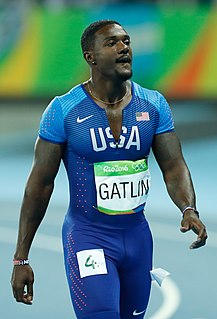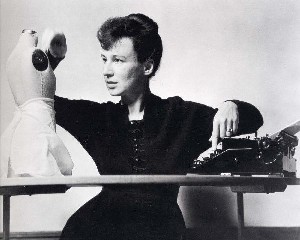Ein Zitat von August Wilson
Als ich anfing, Theaterstücke zu schreiben, konnte ich keine guten Dialoge schreiben, weil ich die Art und Weise, wie Schwarze redeten, nicht respektierte. Ich dachte, dass ich, um aus ihrem Dialog Kunst zu machen, ihn verändern und in etwas anderes verwandeln müsste. Nachdem ich gelernt hatte, meine Charaktere zu schätzen und zu respektieren, konnte ich sie wirklich hören. Ich ließ sie anfangen zu reden.
Verwandte Zitate
Sie können schlechtes Schreiben als „OK“ bezeichnen, aber... Sie müssen wirklich mit einem guten Drehbuch und mit dreidimensionalen Charakteren und großartigen Dialogen beginnen. Es ist eine schwierige Lektion, denn gutes Schreiben ist schwer zu bekommen, aber es lohnt sich auf jeden Fall, es zu verfolgen.
Sehr, diese Show ist verrückt. Es war, als ob man jede Woche die Abschlussprüfungen absolvieren würde. Es war interessant. Ich habe wirklich viel gelernt. Der Dialog ist so technisch. Ich war so beeindruckt, die anderen Schauspieler zu sehen und wie sie es schafften, also habe ich sie studiert. Und ich war überwältigt und dachte: „Wie machen sie das? Wie geben sie dem komplizierten Dialog das gewisse Etwas, um ihn interessant zu machen?“
Okay, das ist Fran Lebowitz. Sie gab einmal ein Interview für die Paris Review über den Versuch, Belletristik zu schreiben, und sagte, dass Belletristikautoren anfangen, darüber zu sprechen, wie Charaktere mit ihnen sprechen, und das sei verrückt, das habe sie noch nie erlebt. Und ich dachte auch, dass ich das nie schaffen werde, weil ich das schon lange nicht mehr gespürt habe.
Ich respektiere meine Konkurrenten, wissen Sie, ich bekomme Respekt von ihnen zurück. Ich respektiere die Leute da draußen, die für ihre Eintrittskarten bezahlen, um uns bei den Wettkämpfen zuzusehen. Und ich respektiere die Reporter, weil sie hierherkommen und eine gute Geschichte erzählen müssen. Das ist es. Es ist einfach ein Kreislauf des Respekts.
Ich hatte die Idee, dass man, wenn man ein Unternehmen gründet, irgendwo in der Nähe beginnen sollte, wo man enden möchte. Mit anderen Worten: Wenn ich wirklich gute Kleidung auf Bestellung herstellen wollte, würde ich zunächst gute und daher teure Kleidung auf Bestellung herstellen. Wenn ich anfangen würde, billige Kleidung herzustellen, dachte ich, ich würde wahrscheinlich sterben, wenn ich sie mache.

